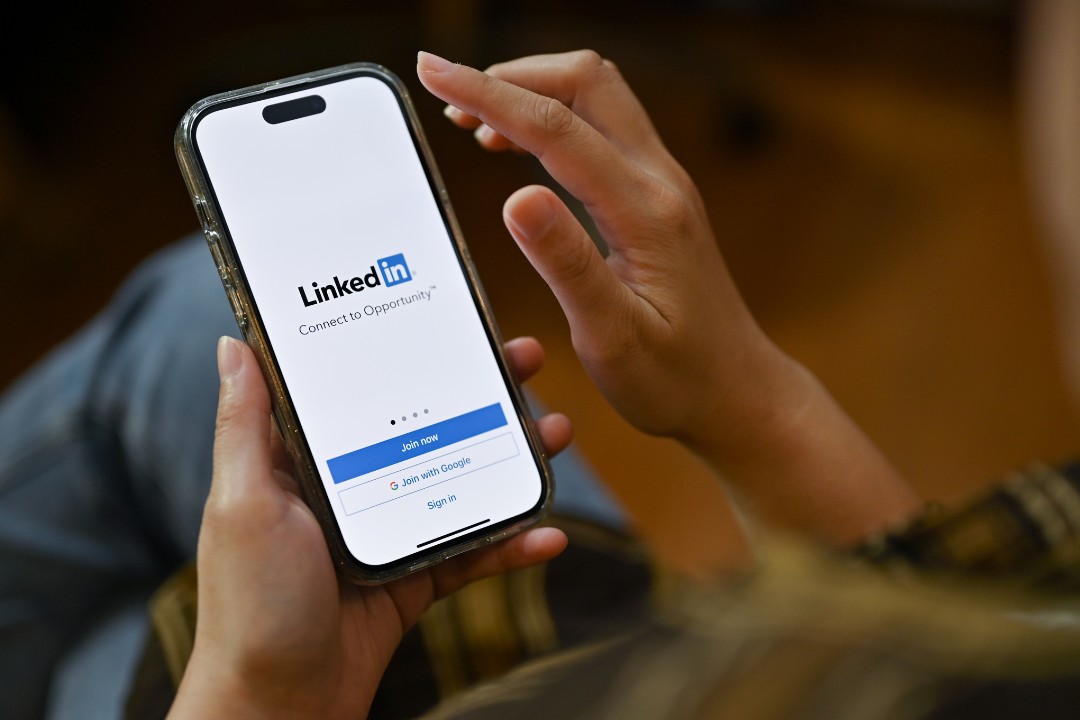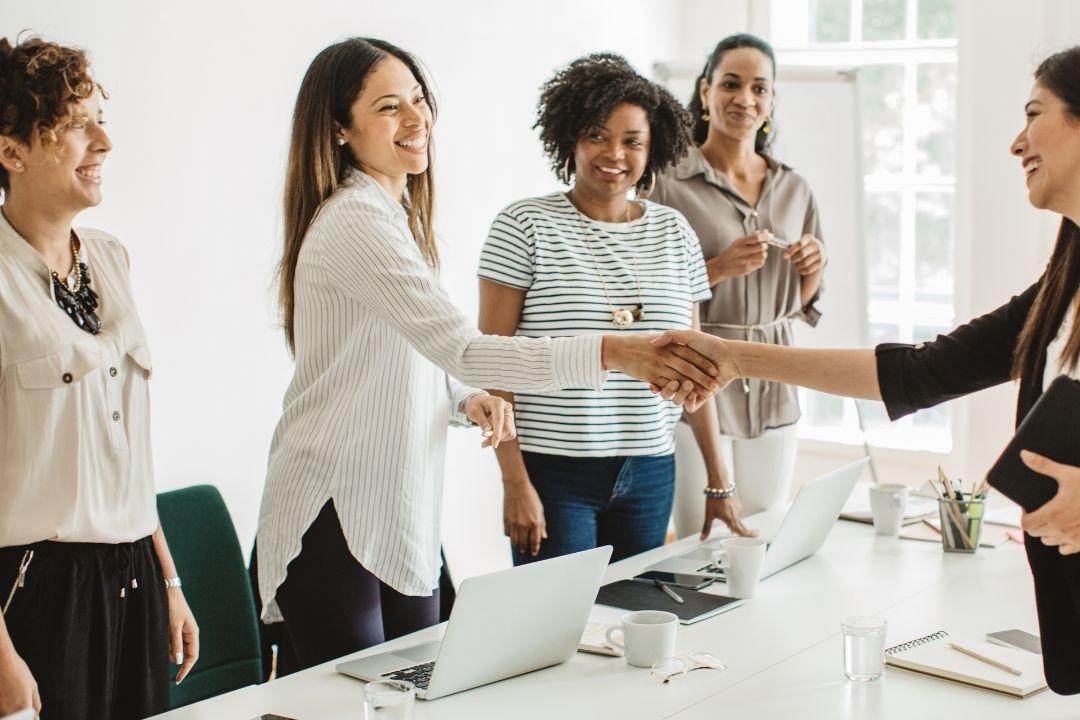
Cultivating Tomorrow: The Intersection of Agriculture and Artificial Intelligence
Technology has continuously reshaped the landscape of farming, revolutionizing the agriculture industry in multifaceted ways. Agriculture, being the backbone of many nations, faces a critical juncture with an expanding global population. The United Nations estimates a surge from 7.5 billion to 9.7 billion by 2050, adding pressure on available arable land, slated to grow by merely 4%. This underscores the urgency for farmers to achieve more with less.
As we navigate this challenge, a staggering statistic comes to light: food production needs to escalate by a staggering 60% to sustain this additional two billion people. Conventional methods alone cannot suffice to meet this colossal demand. Consequently, farmers and agricultural enterprises are turning to technology for innovative solutions to boost production while curbing waste.
Enter Artificial Intelligence (AI)
In this quest for innovation, Artificial Intelligence (AI) is taking center stage, representing a paradigm shift in the agricultural realm. The integration of AI in agriculture is not merely a technological advancement; it is a necessity. The goal is ambitious yet vital: a 50% surge in global food production by 2050 to cater to the needs of the burgeoning population.
1. Enhancing Efficiency and Output
AI-powered solutions are designed to empower farmers, enabling them to optimize their operations and streamline processes. From precision farming to automated equipment, AI optimizes resource allocation, thus enhancing both efficiency and output. The AI algorithms analyze data, providing actionable insights on soil health, weather patterns, and optimal planting times, assisting farmers in making informed decisions for improved yield.
2. Quality Assurance and Reduced Waste
Maintaining high-quality produce is imperative for the agricultural industry. AI helps achieve this by monitoring and assessing crops throughout their growth cycle. By identifying potential issues early on, AI ensures the timely intervention necessary for crop protection and disease prevention. Moreover, AI aids in supply chain management, reducing post-harvest losses and minimizing waste, ultimately contributing to a sustainable food ecosystem.
3. Accelerating Time to Market
Time is of the essence in the agriculture sector. AI expedites the go-to-market process for crops by predicting harvest times accurately. Farmers can align their production cycles with market demands, ensuring a timely and efficient supply chain. This synchronization minimizes inventory costs and optimizes profits, fostering a sustainable balance between demand and supply.
The confluence of agriculture and AI represents an era of possibilities, where technology meets necessity to shape the future of farming. By integrating AI-powered solutions, we are not only modernizing agriculture but also ensuring that we sustainably meet the food demands of a burgeoning population.
Let's sow the seeds of innovation and cultivate a greener, more abundant future! 🌱🌏









